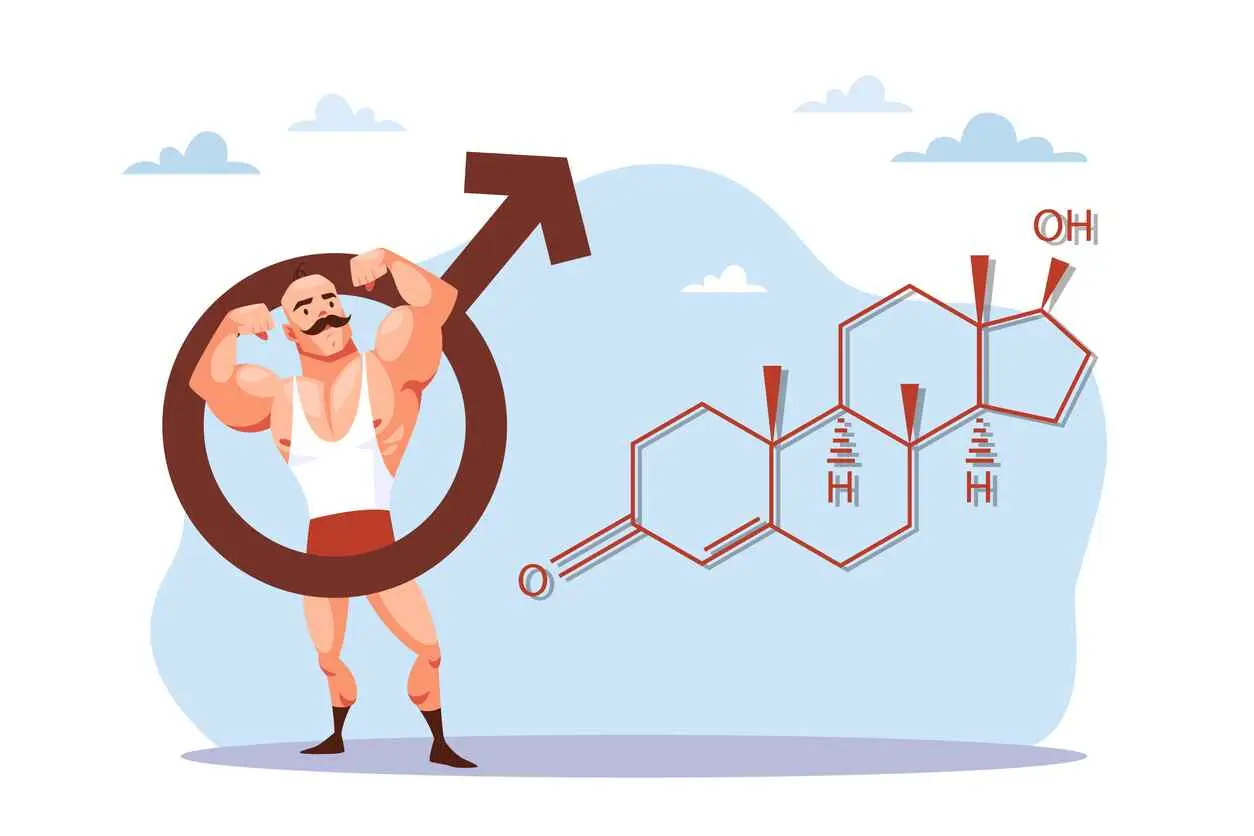
Can You Stop Taking Testosterone Replacement?
Can You Stop Taking Testosterone Replacement? Ending Testosterone Treatment
Testosterone is an androgen hormone responsible for many cellular processes and biological functions in the male body. For many men in their 30s and 40s, testosterone levels start to decline as they get older. When testosterone levels fall below normal for their age, it can cause symptoms like unexplained weight gain, muscle weakness, joint inflammation, low sex drive, and fatigue. This condition is called low testosterone.
If low testosterone is untreated, it can lead to severe issues like obesity, muscle loss, weak bones, and erectile dysfunction. To help keep testosterone levels normal, your doctor may suggest testosterone replacement therapy (TRT). However, TRT isn't always the best solution for everyone.
TRT can produce positive results, but it may not suit every patient. Some men might start TRT and realise that the side effects are too uncomfortable to continue. Others might find that sticking to the treatment is more complicated than they thought and want to stop after a few months.
Even if TRT helps, some men think they can stop treatment once their hormone levels are normal. Unfortunately, that's not true. Once you start TRT, you'll likely need to continue it for life to maintain your testosterone levels. If you stop treatment, your body will return to its previous state, and your symptoms will return. If you feel more comfortable without TRT and want to stop, that's your choice. However, like other medications, stopping TRT can cause unwanted side effects if not done correctly. Before giving up on TRT, it's essential to talk to your doctor to understand the risks and learn how to transition from treatment to avoid complications safely.
What Are The Side Effects Of Stopping Testosterone Cold Turkey?
Once you've been on TRT for a while, your body starts to rely on it for testosterone production. If you suddenly stop your testosterone treatments, your body will lack testosterone, and your low testosterone symptoms can return. This hormone imbalance can cause issues like:
- Loss of muscle mass
- Increased body fat
- Low sex drive
- Decreased energy levels
The severity of these symptoms depends on how long you've been on TRT. Men who use TRT for a short time usually experience fewer symptoms than those who have been on it longer. However, men who stop TRT after long-term use will also go through withdrawal along with their low testosterone symptoms.
Understanding Testosterone Withdrawal Symptoms And How Long Do They Last?
Some men who use testosterone replacement therapy (TRT) for a long time can become dependent on it. If they suddenly stop their treatment, it can cause a chemical imbalance in their body, leading to withdrawal symptoms and affecting their mood and mental health. The symptoms of testosterone withdrawal can vary depending on how long someone has been on TRT and their dosage. However, common symptoms include:
- Anxiety
- Headaches
- Depression
- Trouble thinking clearly
- Weight changes
How long these symptoms last can depend on your age, body type, and the amount of testosterone you are taking. For most men, withdrawal symptoms might only last a week or two after stopping TRT. However, for those on higher doses for a longer time, symptoms could persist for months before their bodies adjust.
If you're thinking about stopping testosterone replacement therapy, it's essential to talk to your doctor. They can help you gradually reduce your testosterone injections and give advice on how to help your body adjust to not having the treatment.
How To Stop Testosterone Therapy Safely:
The best way to stop TRT and avoid withdrawal symptoms is to reduce your testosterone medication slowly. Your doctor will give you lower doses so your body can gradually get used to less testosterone. This helps your body start making its testosterone again and makes withdrawal symptoms less severe. While tapering off testosterone, your doctor might also suggest natural ways to boost your testosterone levels, like taking zinc supplements, exercising, and following certain diets. These methods can help keep your testosterone levels from dropping too low as you stop your treatment.
We are experts in Testosterone Replacement Therapy (TRT) and are dedicated to helping you manage your treatment effectively. Whether you need advice on starting, continuing, or safely tapering off TRT, we are here to support you every step of the way.


